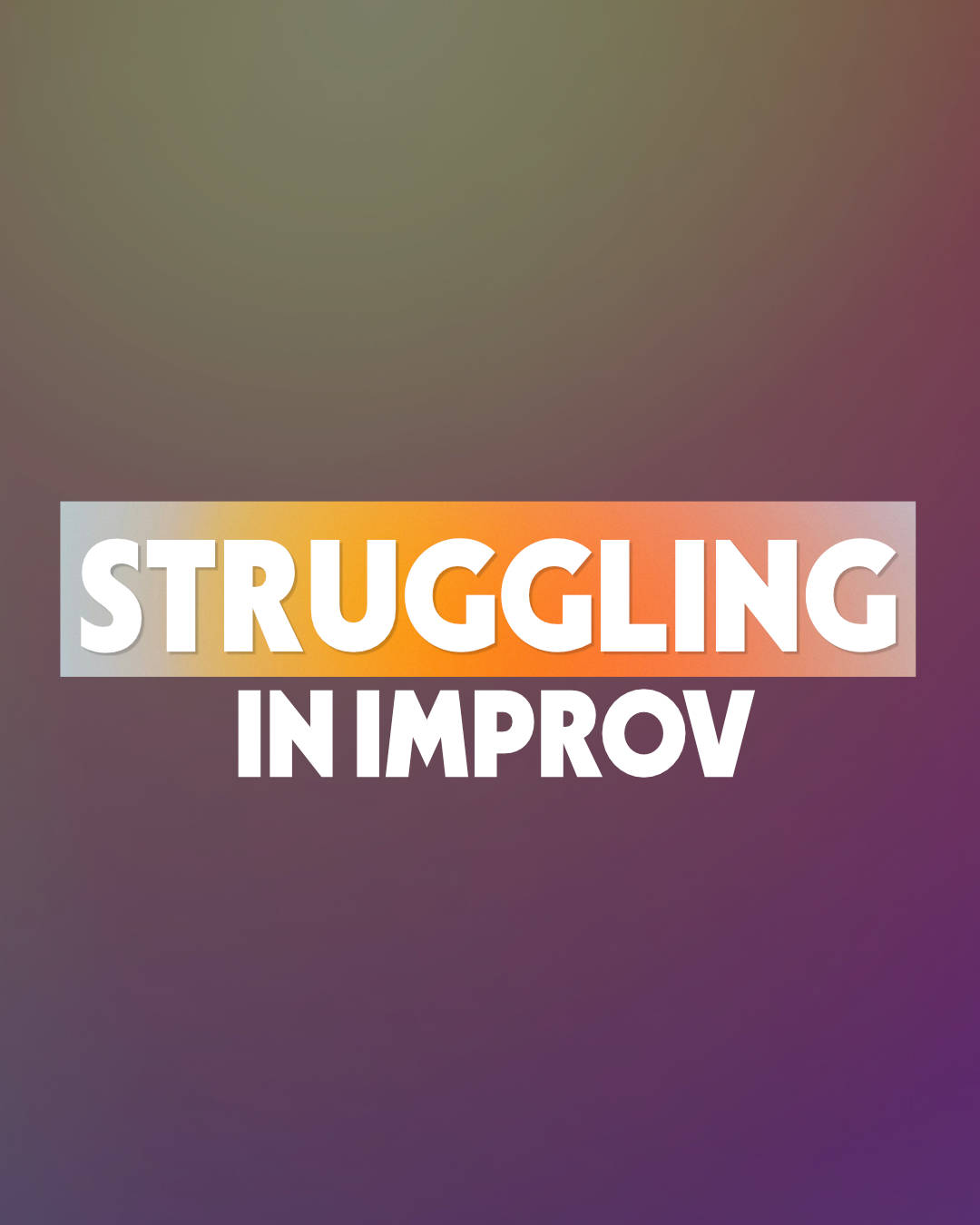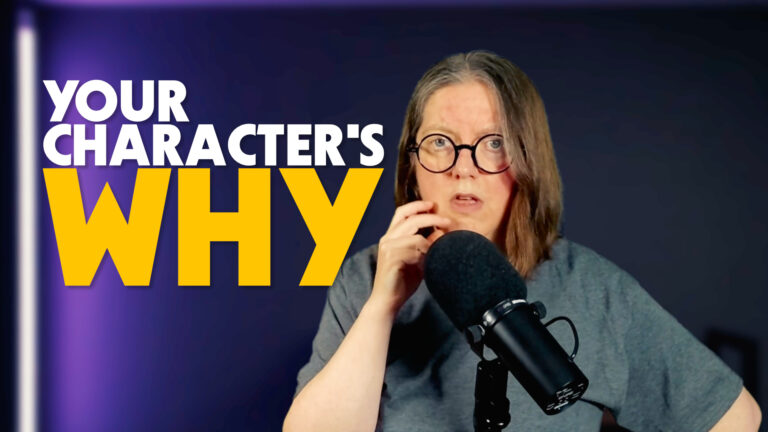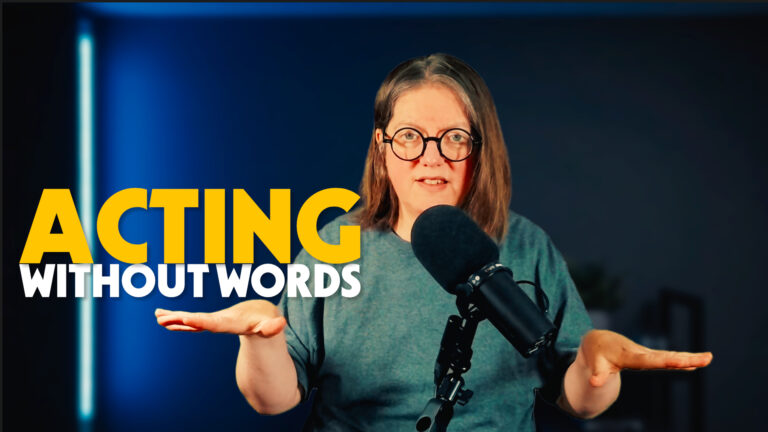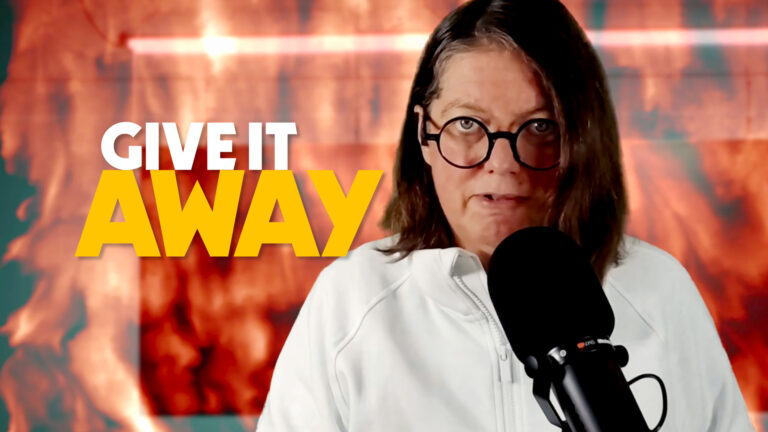
Learning any new skill, especially a vulnerable and complex one like improv, can sometimes hurt. We’ve all felt that sting of frustration and the dread of hitting a plateau. Sometimes we even feel that demoralizing sense that we’re actually getting worse when we’re trying to get good!
It’s easy to interpret this pain as a sign of failure. But… what if it’s the opposite of that thing? What if that struggle is actually a signal that you’re doing something right, simply because it proves you care deeply about your craft? The real challenge isn’t avoiding pain, but learning to distinguish between the productive pain of growth and the unnecessary parts of your practice that might be holding you back.
In this week’s episode, we explore a framework to assess where these pain points are coming from, and what you can do about them.
Note:I only discuss the learning process itself in this episode, not pain that comes from mistreatment or a toxic environment, which is a separate and serious issue.
Step One
When you’re facing the productive kind of struggle, the first step is to assess the pain itself. Ask yourself which parts are actually moving the needle. For example, frustration from trying to master one specific, difficult format might not be worth continuing, especially if you’ve already grasped the underlying skills. Perhaps it’s time to give yourself permission to ignore a piece of feedback that’s causing more rumination than growth, or to walk away from a team whose communication style simply doesn’t mesh with yours. Removing these unnecessary sources of pain can bring immense clarity… and perhaps even improved happiness to your practice.
Step Two
After you assess what to keep and what to discard, the next step is to connect with your “why.” Your personal reasons for doing improv are your focus here. Ask yourself honestly: What do I want out of this? What are my creative goals? Am I having fun with these people? Is this specific style or theatre serving my goals? Knowing your why helps you decide if a particular struggle is worth enduring. If you know that a challenging coach or a difficult note is directly helping you progress toward a goal you truly care about, the temporary pain is instead a worthwhile investment. Or sticking with a communication difficulty might be worthwhile if the people around you make you happy, and that’s your priority instead.
Choose what to walk towards
Even when you decide to walk away from something, the learning is never lost. The skills and muscle memory you developed are simply repurposed for the next chapter of your creative practice. The pain is often the learning itself, a signal of your growth.
In the end, how do you know if the struggle is worth it? Well… it’s worth it when you consciously decide it is. After you’ve cleared away the unproductive frustrations and connected the remaining struggle to your deep love for performance, you can reframe that pain. It becomes the necessary and acceptable price of getting better at something you love.
It becomes growth.
Watch on YouTube
The podcast and the youtube episode also contains a special note for neurodivergent improvisers related to this week’s topic.




